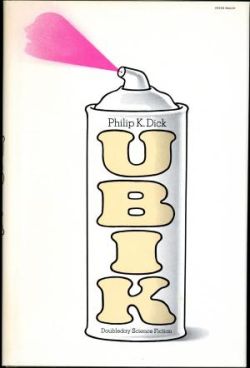 Another year is upon us with the usual hoopla about the abnormalities of current times. As 2019 makes its debut, many of the values and beliefs we hold dear are being questioned throughout the world. Truthful facts, science, humanity, diversity and equality are a few on the top of the list. In the US, denying climate science or hating on immigrants, threaten to change what was once viewed as the land of opportunity to people from all corners of the globe.
Another year is upon us with the usual hoopla about the abnormalities of current times. As 2019 makes its debut, many of the values and beliefs we hold dear are being questioned throughout the world. Truthful facts, science, humanity, diversity and equality are a few on the top of the list. In the US, denying climate science or hating on immigrants, threaten to change what was once viewed as the land of opportunity to people from all corners of the globe.
A mere 50 years, ago American Astronaut Neil Armstrong became the first human to set foot on the Moon, the first Concorde test flight was conducted in France, and the American Boeing 747 jumbo jet was introduced. The Pontiac Firebird Trans Am, the epitome of the American muscle car, reigned the freeways, while Woodstock attracted more than 350,000 rock-n-roll fans for what became the most important concert in the history of music. It was during that same “Summer of Love’, 1969, that members of a cult led by Charles Manson murdered five people at the Benedict Canyon Estate of Roman Polanski.
The year 1969, is also the year that science fiction fans first immersed themselves into the mesmerizing, unexplainable, drugged-up delusion, that Philip K. Dick titled “Ubik”. The author’s description of the book’s theme is as enigmatic and broad as the untamed limits of the human imagination:
“Salvific information penetrating through the ‘walls’ of our world by an entity with personality representing a life – and reality supporting quasi-living force.”
Ubik, juggles notions of reality and expands the limits of imagination, morality and immortality, divine intervention and structural integrity, with consummate skill. It is all about the realization that things are not as they seem – that everything you thought you knew, is wrong. In Ubik, there is not really a wrong that can be counterbalanced by an equal and opposite right: the author substitutes the duality between right and wrong altogether with a single structure that is, for lack of a better word, fuzzy.
While the novel blends a vast spectrum of science fiction concepts, an assessment of the futurological accuracy against present-day reality, is interesting to contemplate. Some of the details in the novel, such as protagonist, Joe Chip, using a machine with which he can “set the dial for low gossip,” resembles our present Social Media concerns and Facebook’s troubles with privacy. Who wouldn’t also think of the internet when reading how easily technology can track Joe Chip and how much it knows about his personal habits? And how weird is the tenant in the apartment who is forced into an argument with the refrigerator doors? Alexa, close the refrigerator door and keep temperature at 10ºF. Hmmm.
Apparently, however, the pharmaceutical industry has some catching up to do. Ubik, the substance that, true to its derivation from the Latin “ubique”, is found everywhere in the book, is yet to be produced in our day, in a biotech lab. Ubik appears most often in the form of an aerosol spray; it seems to counter time-regression and save the lives of those to whom it is applied. It could be taken as a divine symbol. It could be more straightforward, since the spray can is after all a phallic symbol, or, some kind of anti-psychedelic: just the thing that will bring Joe back to sobriety and reality. At least the “thing”, that will bring partiers back to sobriety and provide hangover relief this January 1st, 2019, is available at the local drugstore, in liquid or solid form, and may even be delivered through a high pressure propellant as a spray. Philip K. Dick’s use of aerosol spray prophetically disqualified the misconception that aerosol cans damage the Earth’s ozone layer long before the use of chlorofluorocarbons was banned as an ozone damaging substance. Happy New Year, sci-fi buffs.
{ 0 comments… add one now }